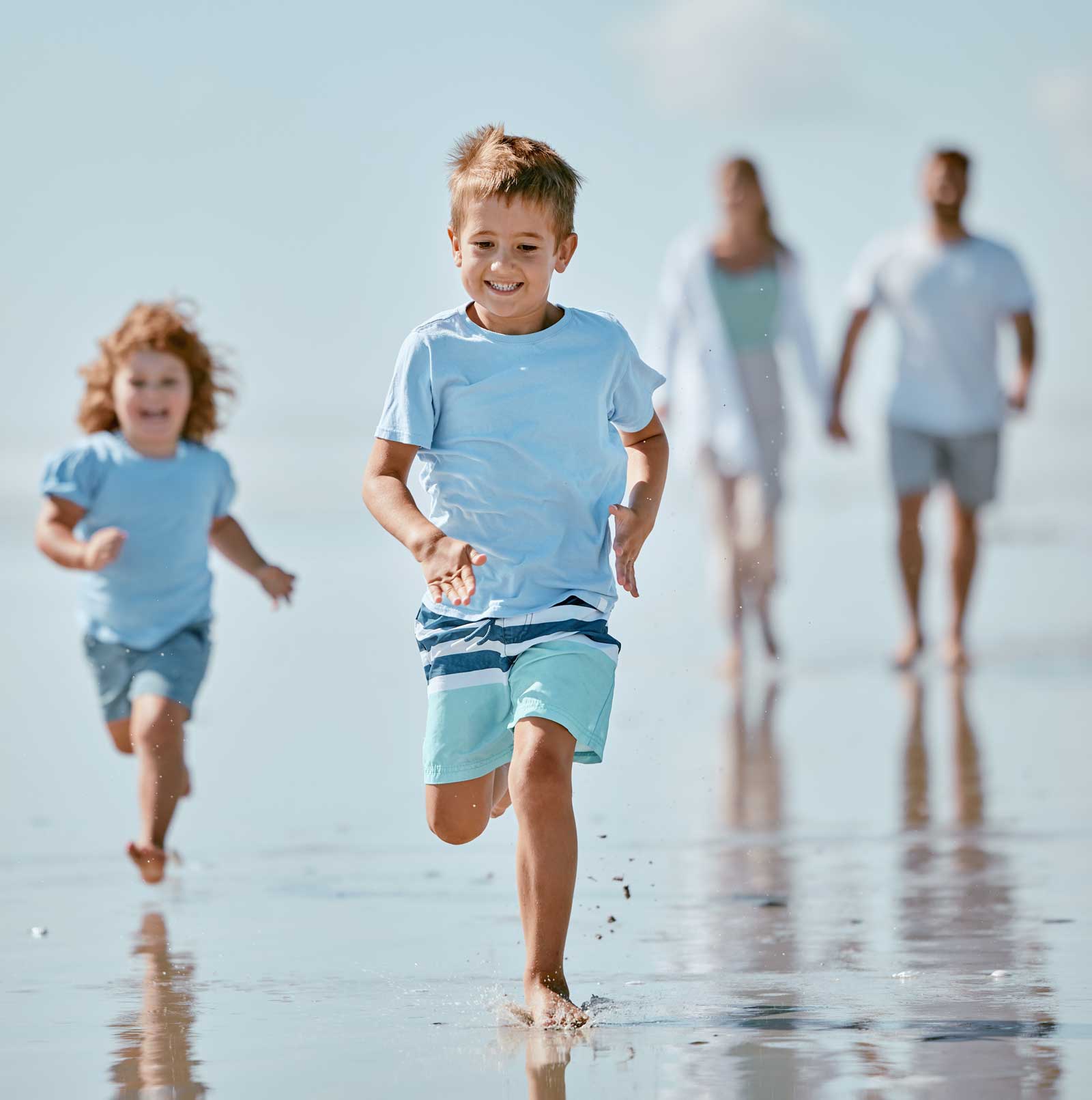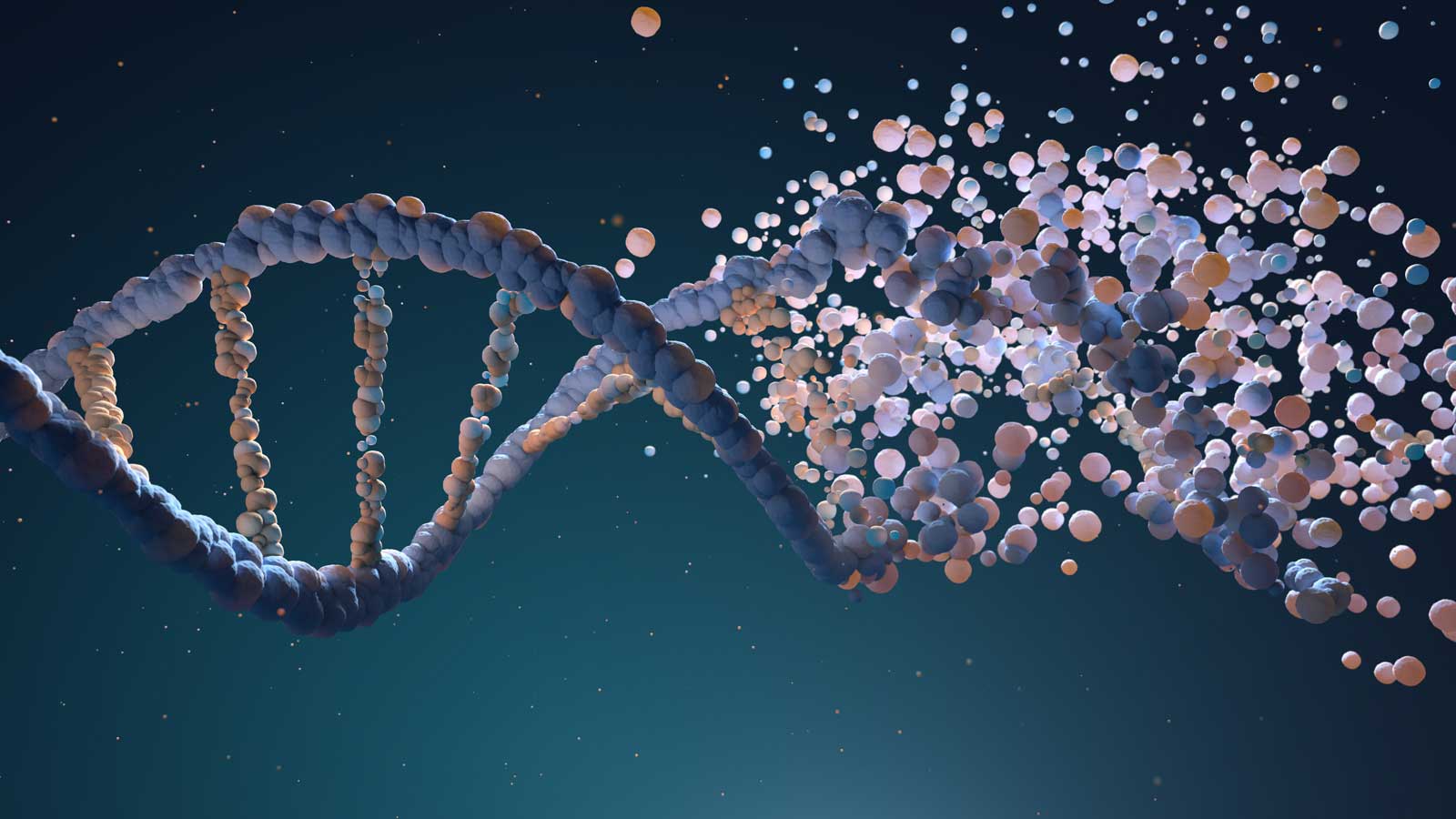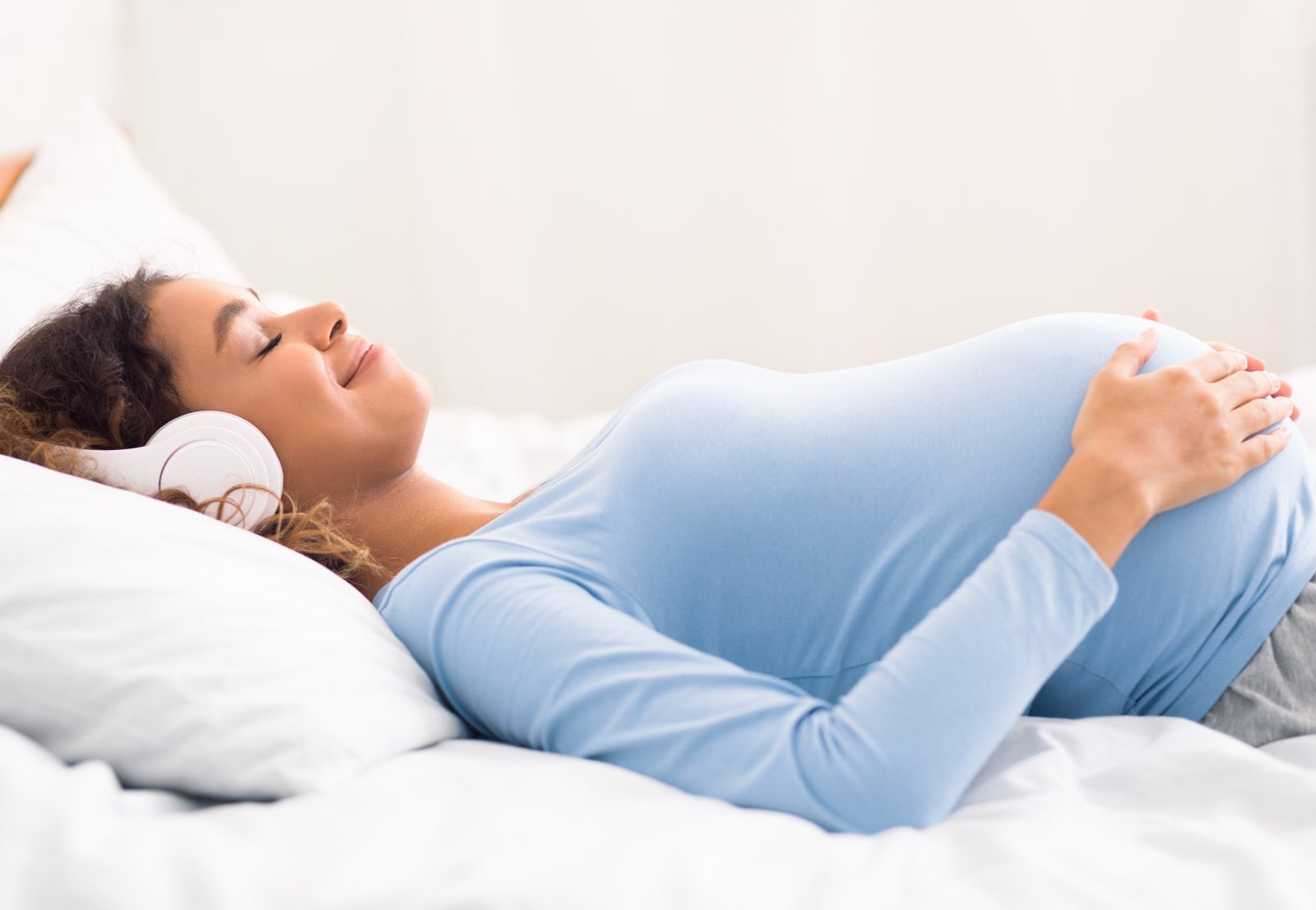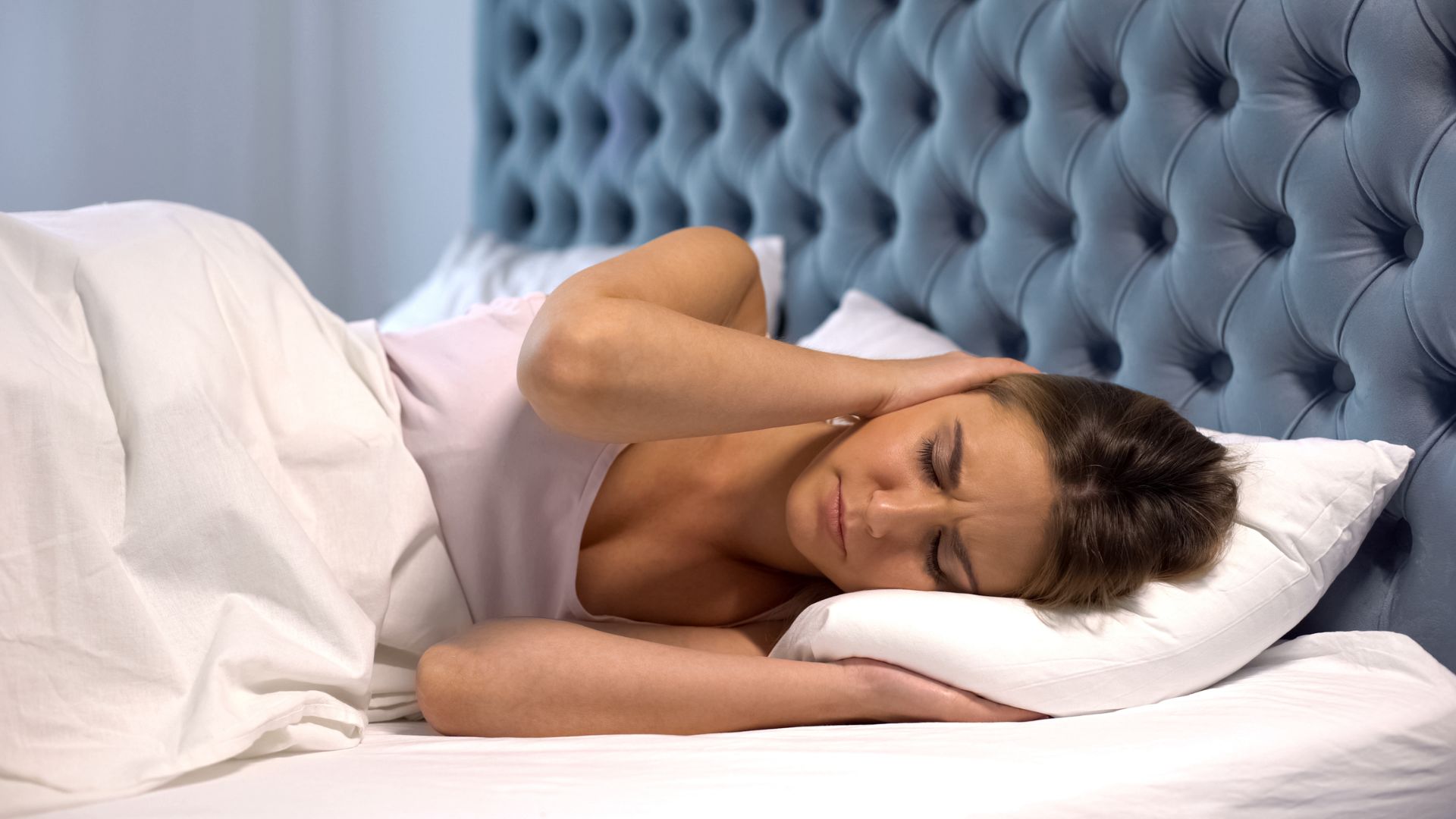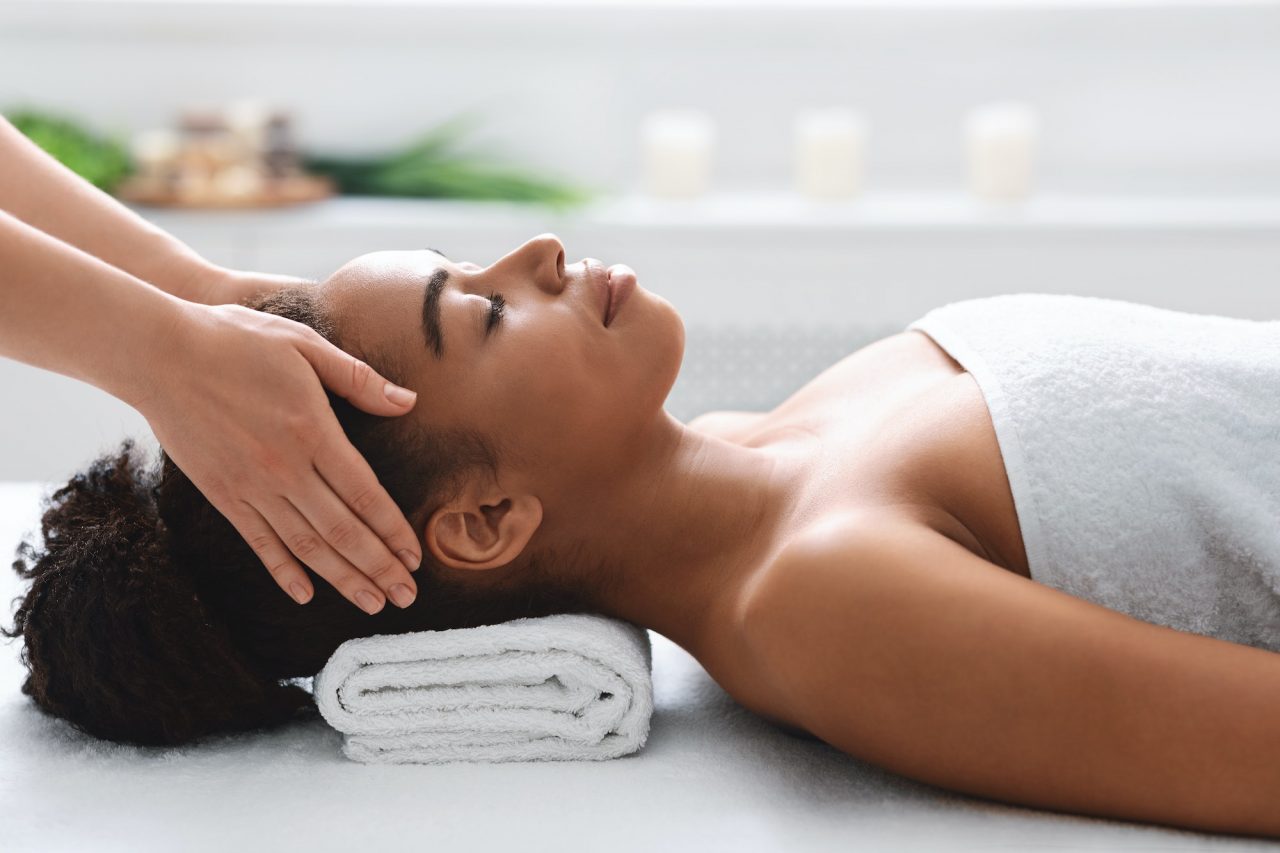As a parent, watching your teenager struggle with acne can be incredibly difficult. The emotional toll, the self-consciousness, and the constant search for solutions can feel overwhelming for both you and your child. While medications like Roaccutane (Isotretinoin) are often prescribed for severe acne, it’s important to understand the potential risks and explore safer, evidence-based alternatives before committing to this powerful drug.
Why Roaccutane Shouldn’t Be the First Step
Roaccutane can be effective in clearing up persistent acne, but it’s not without serious side effects. These include:
-
- Liver strain – Roaccutane is processed through the liver and can significantly impact liver function, requiring regular blood tests during treatment.
-
- Severe mood changes – There is growing concern around its link to depression, anxiety, and even suicidal thoughts, especially in teenagers.
-
- Dry, painful skin and lips, sensitivity to sunlight, and potential long-term effects on gut health and hormone regulation.
Because of these risks, we strongly believe Roaccutane should be a last resort, not the first.
A Smarter, Holistic Approach: Understanding Hormones First
Teen acne is often driven by hormonal imbalances, particularly fluctuations in testosterone and oestrogen. Instead of suppressing symptoms with harsh medication, we recommend looking deeper into the root causes – especially when hormonal shifts are involved.
The Best Way to Assess Hormones? The DUTCH Test
The DUTCH test (Dried Urine Test for Comprehensive Hormones) is one of the most advanced ways to assess your teenager’s sex hormones, stress levels (cortisol), and detox pathways. It provides a complete picture of what’s happening in your child’s body and allows for a targeted, personalised plan to bring hormones back into balance – naturally.
With this insight, we can address key drivers of acne like:
-
- Excess testosterone (common in both boys and girls)
-
- Poor oestrogen metabolism
-
- High cortisol from chronic stress
-
- Liver detox issues
In-Clinic Support: Facials That Deliver Real Results
We also offer gentle, non-invasive in-clinic facials specifically designed for teenage acne. These treatments:
-
- Calm inflamed skin
-
- Help clear blackheads and clogged pores
-
- Support skin healing and barrier repair
-
- Avoid painful extractions or harsh chemical peels
Our acne facials are safe, soothing, and results-driven – with many teens seeing clearer skin and more confidence after just a few sessions.
The Bottom Line
Before turning to Roaccutane, we encourage families to explore natural, personalised alternatives that can restore balance without putting your child’s mental and physical health at risk. By addressing the underlying hormonal drivers and supporting the skin with professional treatments, it’s often possible to achieve lasting improvement – safely and gently.
Ready to Take the First Step?
If your teen is struggling with acne and you’re considering Roaccutane, let’s talk first. Book a consult with us to learn more about DUTCH hormone testing and our acne facial programs. Together, we can find a more holistic, healthy way forward for your child’s skin – and their wellbeing, that really works.


